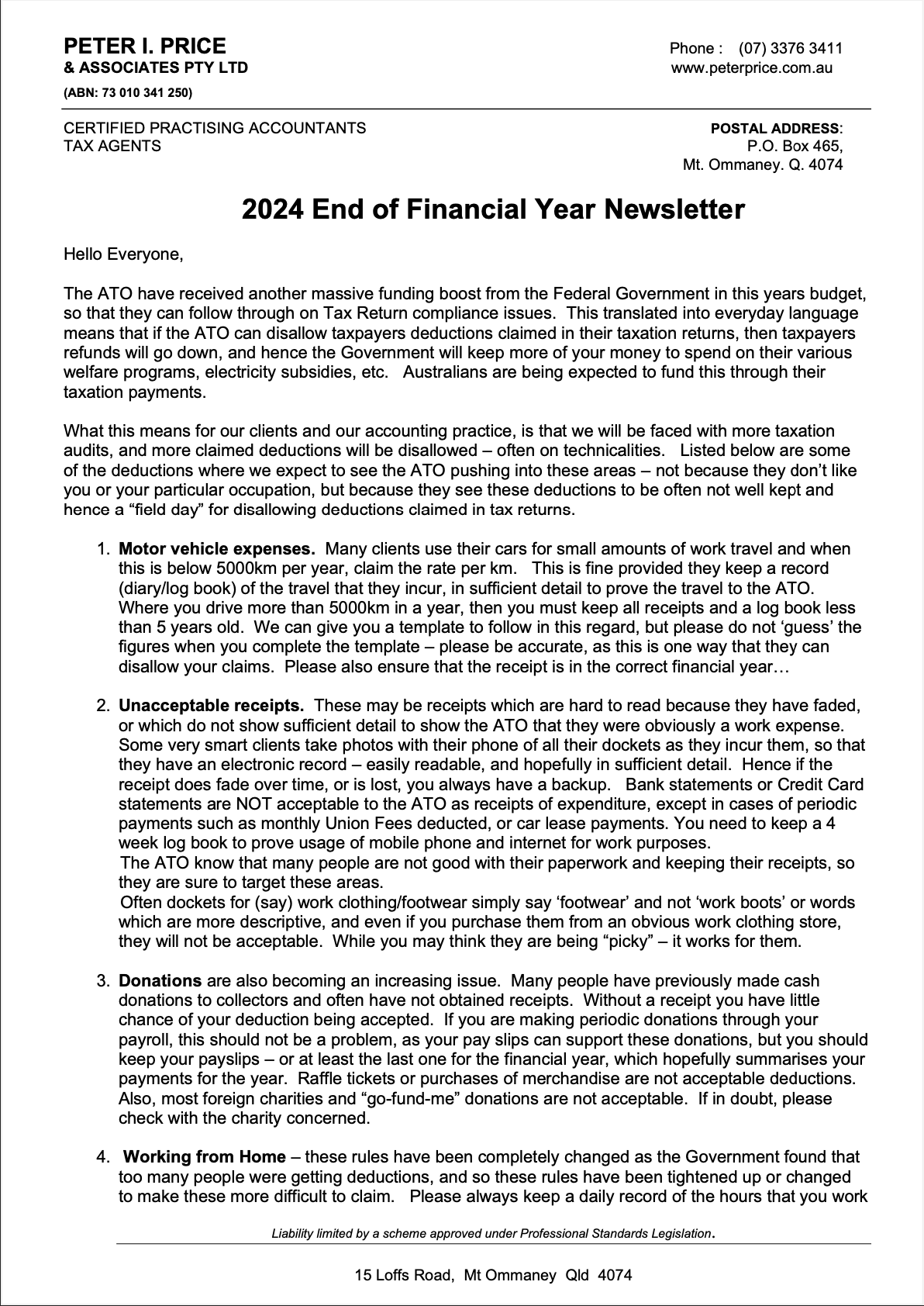Small business decries ‘unfair’ payday super changes

.
Small business groups are pushing back on the government’s payday super plan, warning the increased requirements will be “overwhelming” and result in employers being unfairly penalised for delays outside their control.
According to design details released by the Treasury on Wednesday, businesses will be given a seven-day window for payday contributions to arrive in employees’ super funds before they face daily interest charges.
The government also announced it would close the ATO’s Small Business Superannuation Clearing House, currently used by some 250,000 employers across the country.
In a joint statement, Treasurer Jim Chalmers and Assistant Treasurer Stephen Jones said the changes, set to apply from July 2026, would incentivise employers to quickly disclose and rectify missed payments.
“[The changes will] increase the severity of consequences for employers that deliberately or repeatedly do the wrong thing,” they said.
But bodies such as the Council of Small Business Organisations of Australia, the Institute of Public Accountants, Institute of Certified Bookkeepers and the Australian Chamber of Commerce and Industry criticised the plan and said the government failed to consider the impacts on small businesses.
Payroll software, management costs to increase
COSBOA chief executive Luke Achterstraat said moving from quarterly to weekly pay cycles was an “overwhelming ask, particularly for small businesses already struggling with tight margins”.
“Employers will be required to make up to 13 times as many payments, handle up to 13 times as many transactions, and ultimately incur up to 13 times the cost to ensure super reaches their employees accounts,” Achterstraat said.
“In the current economic climate, the focus should be on supporting small businesses, not increasing their administrative and financial burdens.”
Small businesses would also face higher subscription costs as payroll software companies charged more to reflect the demands of payday super, according to IPA senior tax adviser Tony Greco.
Closure of ATO clearing house opposed
The IPA also opposed the government’s decision to retire the Super Clearing House, warning small businesses using the service would be forced to find costly alternatives.
The ATO-managed service is free for small businesses and exempts them from the general interest charge that applies when money is delayed in reaching employees’ accounts.
“If they use an alternative clearing house they are at the mercy of the system if something goes wrong in any of the back-office processing,” Greco said.
“We will be urging the government to seriously think about having a replacement facility and rethink its closure entirely.”
‘Unfair’ 7-day rule
With the ATO's Super Clearing House set to close, the groups also pushed back against the proposed seven-day rule for super contributions to arrive in employees’ accounts.
Employers failing to meet the deadline would be charged interest each day on a compounding basis. The general interest charge is currently 11.36 per cent.
COSBOA called the rule “unfair”, and ICB executive director Matthew Addison said employers who made prompt payments should not be held responsible for processing delays.
“Employers should not be penalised as long as they made the payment on payday,” Addison said.
“If clearing houses, super funds, and employees can’t facilitate the payment within seven days, why is the employer held responsible for actions or lack of action by others?”
The ACCI said that while it supported the idea behind aligning super to wages, it was concerned small businesses lacked the support and resources to comply by the 2026 deadline.
“We are concerned the government has not given enough consideration to the pressures small businesses are facing right now,” chief executive Andrew McKellar said.
The ATO estimates that unpaid super totalled $3.6 billion in 2020–21.
The government said work on payday super’s design would progress through the second half of 2024 ahead of draft legislation being released for consultation.
Christine Chen
20 September 2024
accountantsdaily.com.au

